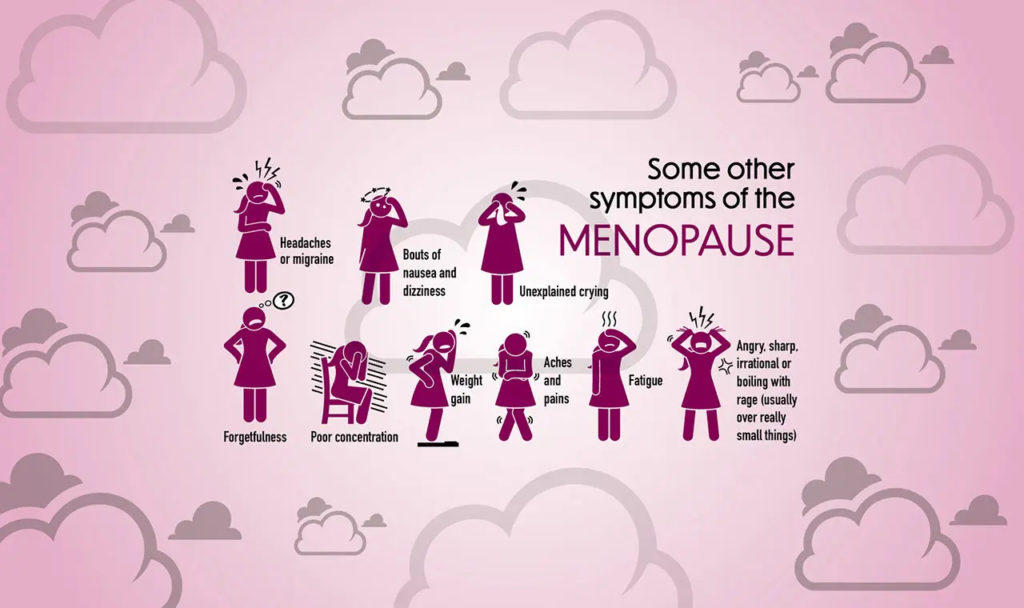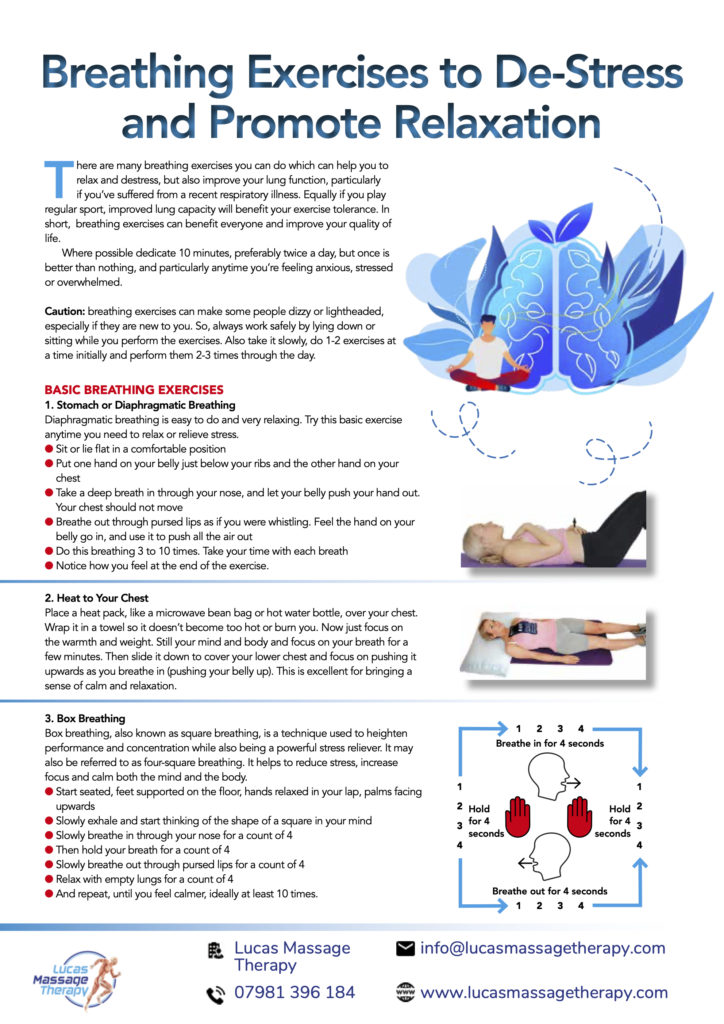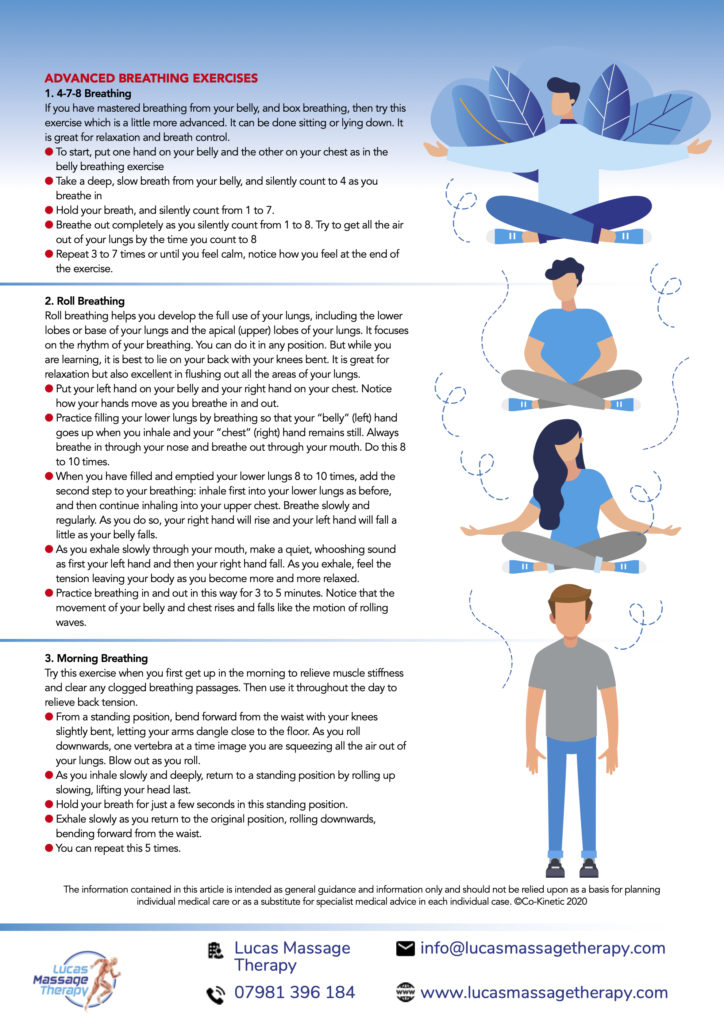7 Common Menopause Symptoms – Menopause Meaning
A majority of the global population will experience menopause at some point, but we are still in the process of understanding the most effective ways to provide support to women during this challenging hormonal transition. A combination of stigma, embarrassment, limited research, and ineffective treatment options can result in significant mental and physical suffering for many women. While most women have a basic understanding of the common menopause symptoms like hot flashes, irregular periods, and mood swings, they may not fully comprehend the disruptive, intense, and severe nature of these symptoms.
The seven dwarfs of menopause are likely familiar to you, as they represent the most frequently discussed or reported symptoms. These include itchiness (both in the skin and vaginal area), irritability, sweating (in the form of hot flushes), bloating, sleep disturbances, forgetfulness, and mood swings.
Possible revision: Unforeseen signs might involve severe head pains or migraines, instances of sickness and lightheadedness, tears prompted by criticism, perceived offences, or television material. Sensations of anger and irritability, illogical bursts of fury over insignificant matters, quick transitions between teary-eyedness and edginess, and several other relatively insignificant problems like forgetfulness, trouble focusing, gaining weight, bodily unease, and exhaustion could also emerge.
Physical symptoms and emotions can manifest in a storm-like manner, including irritability, unpredictable and intense emotional reactions disproportionate to the situation, anger, anxiety, excessive worry, reduced energy levels, diminished self-esteem, feelings of sadness and depression, tearfulness, difficulty concentrating (referred to as brain fog), forgetfulness, memory loss, insomnia characterized by trouble falling asleep and/or staying asleep, and a decreased sex drive.
The alterations in your biological makeup can intersect with shifts in your socio-economic circumstances, encompassing factors such as work obligations, advancements in your career, retirement, financial responsibilities related to your family, and the education of your children. These changes can also intersect with various pressures pertaining to family dynamics, psychological well-being, and relationships.
Concerns about work performance accompanied by cognitive difficulties, alterations in sexual intimacy due to reduced desire and discomfort, or apprehension over perspiring visibly during hot flushes can create a state of heightened unease. Irregular hormone levels can trigger anxiety, surpassing one’s ability to manage it effectively. The amalgamation of this emotional distress, the physiological transformations occurring within the body, and the ensuing disruption in personal relationships render numerous women susceptible to mood swings, depression, and anxiety.
Embracing the changing landscape of your body and mind might not come effortlessly. But by mustering the bravery to speak out and champion your own well-being, you will be better equipped to navigate the challenges of menopause. Acquiring knowledge about strategies that could alleviate symptoms can truly make a significant impact, and fortunately, there are interventions available to offer assistance.

As estrogen levels decrease, the likelihood of experiencing weight gain leading to obesity, cardiovascular disease, osteoporosis, urinary stress incontinence, and vaginal prolapse rises. Engaging in regular physical activity is essential for women going through menopause. It has the potential to:
● Prevent weight gain by engaging in regular physical activity, as women often experience muscle loss and abdominal fat gain during menopause.
● Reduce the risk of cancer by exercising during and after menopause, which can aid in weight loss or weight maintenance and potentially protect against breast, colon, and endometrial cancer.
● Strengthen bones by exercising, as it can slow down bone loss after menopause, reducing the chances of fractures and osteoporosis.
● Mitigate the likelihood of ailments. Gaining weight during menopause can have significant consequences for your cardiac well-being. Surplus weight augments the chances of developing heart disease and type 2 diabetes. Consistent physical activity can counter these hazards.
● Enhance your emotional state. Adults who engage in regular exercise have a diminished probability of experiencing depression and cognitive deterioration. It can also aid in alleviating stress and anxiety, as well as enhancing sleep quality.
Specific exercises in physical therapy, such as Kegel exercises, can aid in addressing urinary stress incontinence and vaginal prolapse. While exercise is not proven to alleviate menopausal symptoms like hot flashes and sleep disturbances, engaging in regular physical activity can assist in maintaining a healthy weight, reducing stress, and enhancing overall quality of life. Empower yourself by familiarizing yourself with your symptoms and their underlying causes.
Gain control by familiarizing yourself with the available treatment options for managing symptoms and preventing potential long-term consequences following menopause, such as weight gain, osteoporosis, cardiovascular disease, and diabetes. Empower yourself by engaging in open discussions and seeking guidance to nurture and strengthen relationships during this phase. Doing so can alleviate concerns, dispel uncertainties, and dispel the notion of permanently turning into an unpredictable and emotionally unstable individual. A challenging menopause may challenge your self-assurance, professional pursuits, and emotional and personal life. However, it is crucial to emerge from this experience by embracing it and prioritizing your own health and well-being for the future.
7 Common Menopause Symptoms
Do you remember the tale of Snow White and the Seven Dwarfs? While going through menopause may not be as enchanting, there will eventually be a positive outcome. However, for now, your closest companions are the seven dwarfs: Itchy, Bitchy, Sweaty, Bloaty, Sleepy, Forgetful, and Psycho (named by Suzanne Sommers in her book about menopause, The Sexy Years). You may have come across this illustration in women’s health clinics and offices, but is it truly accurate that women undergo such unappealing changes due to a decrease in their estrogen levels? Well, to varying extents among different women, the answer is yes.
Menopause symptoms can start to occur around the age of 45 for women. These symptoms, which can vary from person to person, are a result of the ovaries no longer producing the hormones oestrogen and progesterone. The transition can occur rapidly, and some women may experience severe or unpleasant symptoms. The body’s tissues need time to adjust to the absence of oestrogen, which can take weeks, months, or even years.
In addition to the seven common symptoms described below, some women may also experience headaches or migraines. It is important to remember that not everyone will experience all of these symptoms. Here are the seven symptoms, presented in no particular order, along with some tips to help cope with them.
1 Menopause Symptoms – Itchy
ITCHY: Decreased oestrogen levels can result in increased dryness and itchiness of the skin, especially in the outer female genital area known as the vulva. The absence of oestrogen causes thinning and increased fragility of vaginal and vulval tissues, rendering them more sensitive and susceptible to infections and skin conditions.
● Suggestions: – Apply a cold compress – Take an oatmeal bath – Regularly moisturize the body, avoiding the application of most moisturizers in the genital area.
● Medications: prescribed steroid and anaesthetic creams (specifically for vaginal use), antihistamines, hormone replacement therapy (HRT), and phytoestrogens.
● To prevent further irritation of the dry and itchy skin, you should refrain from taking hot baths or showers, gently pat yourself dry instead of rubbing, resist the urge to scratch and harm the skin, opt for scent-free skincare products and soaps, decrease alcohol and nicotine intake, choose soft and loose clothing, and avoid synthetic undergarments by opting for cotton or moisture-wicking (athletic) underwear.
2 Menopause Symptoms – Bitchy
Your brain’s feel-good chemicals, known as endorphins, are affected by oestrogen. As oestrogen levels decrease, so do your endorphins, leading to a relative rise in cortisol, a stress hormone. It is not unusual for women to feel grumpy and irritable towards others. Factors such as sleep deprivation, depression, work-related stress, and adjusting to life changes like children moving out or retirement planning can all exacerbate these feelings.
Recommendations:
● Engage in regular physical activity to boost your endorphin levels, the chemicals that contribute to your happiness
● Consider getting a massage to alleviate stress and anxiety, which can contribute to your negative mood
● Practice yoga to promote relaxation and well-being
● Explore meditation and mindfulness techniques
● Effectively manage work and family stressors by implementing schedules and staying organized, aiming for a well-balanced life that includes social time with friends and family, as well as personal time for yourself.
3 Menopause Symptoms – Sweaty
Hot flushes may have been something you only encountered during a severe bout of the flu – that sudden surge of heat, blushing, and perspiration that catches you off guard. Your hormones play a role in regulating the brain region responsible for controlling body temperature, resulting in unpredictable fluctuations throughout the day and night. Fortunately, this eventually stabilizes, although the duration of this process varies among women.
Suggestions:
● Opt for loose and lightweight garments crafted from natural materials.
● Keep a fan within reach, whether it’s near your bed, lounge, or work desk.
● Maintain a cool room temperature by opening windows or utilizing air conditioning.
● Take refreshing cool showers.
● Maintain a healthy weight, as being overweight can worsen hot flashes.
● Take steps to relax and reduce stress, such as trying massage, meditation, mindfulness, and deep breathing exercises.

4 Menopause Symptoms – Bloaty
Bloating, a discomforting sensation in the abdominal area, is caused by the presence of excess air or fluid in the gastrointestinal tract. It can cause feelings of fullness or tightness and be quite uncomfortable. Bloating may result in a swollen-looking abdomen, resembling pregnancy, which can add to the stress of bodily changes. Menopause-related hormonal fluctuations are typically responsible for bloating, with water or gas retention being the primary culprits. Reduced physical activity as one age can exacerbate bloating. While menopause does contribute to weight gain, decreased activity levels and dietary changes often play a larger role. The good news is that making lifestyle changes can have an impact on these factors.
Tips:
● Stay well hydrated to aid digestion.
● Incorporate regular exercise to maintain a healthy digestive tract.
● Avoid trigger foods such as certain beans, lentils, broccoli, and fatty, fried foods that can cause gas retention.
● Steer clear of carbonated drinks.
● Avoid chewing gum.
● Quit smoking.
● Reduce salt intake.
● Consume probiotics, such as yoghurt, sauerkraut, and kefir, to promote digestive health.
● Opt for smaller portion sizes to prevent overloading the digestive system, which can lead to bloating and a backlog of heavy meals.
5 Menopause Symptoms – Sleepy
Many women face challenges when it comes to falling asleep during or after menopause, primarily due to the occurrence of hot flushes. As a result, they may struggle with insomnia and experience a constant feeling of fatigue and drowsiness during the day. The quality and quantity of sleep can be negatively impacted by anxiety and stress arising from symptoms associated with menopause, concerns about body image, and strained relationships. Conversely, insufficient sleep exacerbates stress and anxiety, creating a harmful cycle.
Suggestions:
● Improving sleep can be achieved by reducing hot flushes.
● Massage or meditation can help improve sleep by reducing stress and anxiety.
● Going to bed at a consistent time every day can establish a sleep routine.
● Having a dark and cool bedroom can contribute to better sleep.
● Avoiding screen time before bed can assist in improving sleep.
● Eliminating caffeine from your routine can aid in getting better sleep.
● Opting for a lighter meal before bedtime can be beneficial for sleep.
● Trying meditation or using a calming bedtime app can promote better sleep.
● Deep breathing exercises can be effective in improving sleep.
6 Menopause Symptoms – Forgetful
Memory problems during menopause, commonly known as brain fog or fuzzy thinking, can be incredibly frustrating for women. While many women report experiencing forgetfulness during this time, there is no conclusive scientific evidence directly linking it to menopause. However, it is established that ageing can impact memory recall. Sleep disturbances that occur during menopause are believed to contribute to the development of brain fog. Fluctuating levels of estrogen are thought to affect various cognitive functions, including language skills, attention, mood, and memory.
Suggestions:
● Engaging in physical exercise can stimulate the development of new nerve cells and blood vessels in the brain.
● Regular physical activity boosts the production of chemicals that facilitate the repair and growth of brain cells.
● Ensuring sufficient sleep can enhance cognitive clarity and reduce brain fog.
● Maintaining a healthy diet provides essential nourishment for optimal brain function.
● Including foods rich in omega-3 fatty acids and folic acid, such as leafy greens, is crucial for proper brain functionality.
● Turmeric, commonly found in curries or juices, contains antioxidants that benefit brain health.
● Consuming red wine in moderation can provide the brain with resveratrol, which protects against potential damage from free radicals.
● Managing stress levels effectively can help clear thoughts and improve cognitive performance.
● Engaging in brain games like reading, crosswords, sudoku, and memory games can keep the mind focused, active, and engaged.
7 Menopause Symptoms – Psycho
Knife-wielding middle-aged women are often a topic of conversation. However, it is possible to alleviate the irritability and mood swings caused by hormonal fluctuations.
Consider the following tips:
● Seek medical assistance, such as hormone replacement therapy (HRT) or antidepressants.
● Try massage therapy – menopause treatment.
● Practice meditation.
● Engage in regular exercise.
● Seek counselling and support to help stabilize your thoughts and mood during this period.
Many of the symptoms associated with menopause can be effectively managed, allowing you to maintain a fulfilling and enjoyable life during this period. Although menopause signifies the conclusion of your ovaries’ reproductive function, it certainly does not signify the end of your overall life.



Your Complete Guide to Menopause Wellbeing
Download Lucas Massage Therapy free resource pack to find out everything you need to know about menopause, Exercises During Menopause from the science behind the changes occurring to the best ways to relieve negative symptoms and specific exercises for areas of the body most affected by the changes.
You’ll learn:
- How lowered levels of oestrogen affect the body
- The ‘Seven Symptoms’ of the menopause (and how to deal with them).
- How to exercise during menopause and diet to combat the changes occurring
- Why your bladder might become weaker and how to control it
- Tips for managing your mental health during this challenging time
- And much, much more
The Lucas Massage Therapy free leaflets cover:
- Mastering the Menopause
- Seven Unwelcome Symptoms of the Menopause and Strategies for Surviving Them
- 11 Strategies for Mastering Your Menopause and Saving Your Sanity
- The Busy Bladder
- Why You Should Do Exercises During Menopause
- Great Ways to Get Physical During Menopause
- How Menopause Affects Your Pelvic Health
- Exercises During Menopause for the Pelvic Floor

